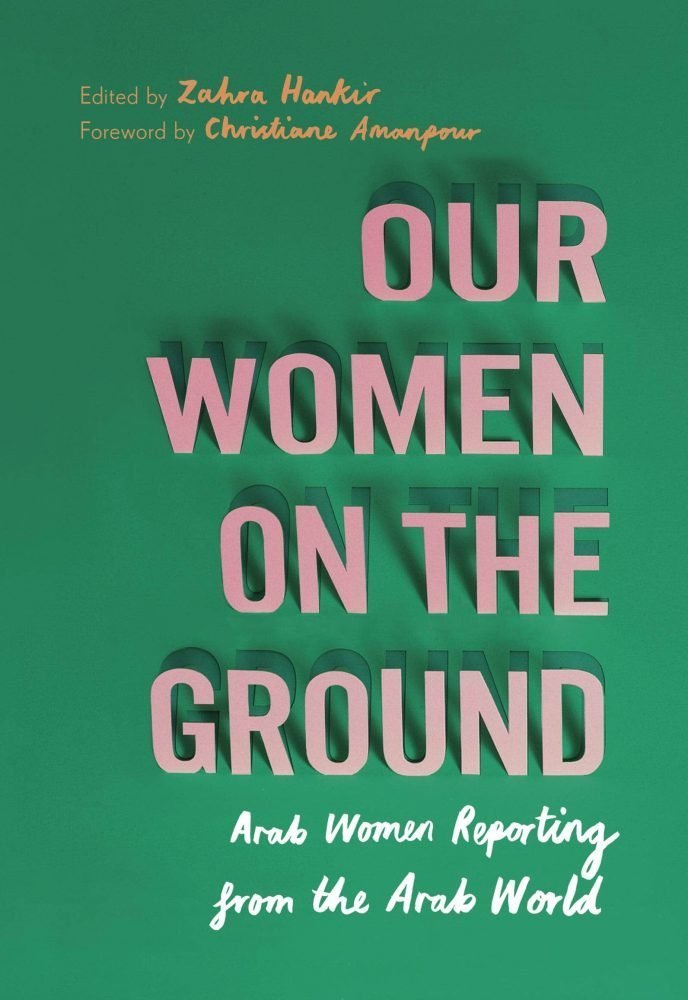This is a big question with so many perspectives and asterisks involved. It surely depends on the genre, the themes, the tone, and writer’s intentions, and even more besides. As a professional book critic and ex high school English teacher, it’s my opinion that books are, in general, unjustifiably long. But there is a lot to go into here, so let’s break it down.
I came to this opinion after spending months reviewing fresh, new books that all suffered from needless padding; fat that could have been cut. These were all fiction, from a variety of genres, and no matter their themes, settings, or plots, they were all full of needless filler that damaged the pacing, the tone, and even the themes of the book.

Yes, Books Are Too Long
When I lay out my year in reading, it is so often the literary novels that end before they hit 250 pages which leave the greatest impact on me, both emotionally and politically. The lengthy bricks, hampered by their own weight, often end up feeling forgettable and frustrating. But is this always the case?
Well, no. I cut my teeth on long books. As a teenager, fantasy books were my gateway into fiction, and I paid little to no attention to the lengths of these novels. The question of whether or not books were too long never entered my mind while I was reading Robin Hobb, George R.R. Martin, and Joe Abercrombie.
So, What About Epic Fantasy Novels?
Fantasy books are the biggest culprits when it comes to intense length and bloat. But fantasy fans would never call this bloat. The extreme length of a fantasy novel is justified by two things: the scale and scope of the world (both in terms of its space and its history); and the sheer sense of adventure and immersion that comes with reading a fantasy epic.
In order to craft a believable, detailed world full of dynamic politics, lengthy histories, diverse cultures, multiple languages, traditions, and religions etc, a fantasy novel needs to be long. This makes perfect sense to me; I understand it and I have enjoyed many epic fantasy series’.
That said, every single fantasy novel is still too long. There is not a single epic novel that couldn’t have had fifty or even a hundred pages cut from it. The genre desperately suffers from needless padding, so much wandering, tiresome exposition; all of this can be cut, and no author I’ve ever read is free from these criticisms.
I’m not here to argue that all fantasy novels should be 300 pages in length. That would be absurd. But if one is 800 pages long, it likely could have been cut down to a neater, better-paced 600 pages without losing any of its lore, world-building, or its sense of scale and adventure.
The One Major Exception
The only books that are exempt from this argument are nonfiction books. If a researcher has spent years on a specific scientific discipline or an area of history that they wish to write about, they should have the freedom to explore and explain at their leisure. Needlessly condensing information down is generally seen as a shame, and I agree.
It would break countless readers’ hearts to learn that someone had spent their career researching 20th Century Chinese politics, only to be told that their comprehensive history book has to be 200 pages long, when they have a thousand pages worth of information to convey. That would be an insult and a travesty. So, nonfiction, you’re off the hook.
Don’t Bury Your Themes
All art is political; nothing is made in a vacuum. These are universal truths. Every novel you’ve ever read, regardless of genre and setting, was inspired by the world around it and has at least one message to express. It is my opinion that making a novel unjustifiably long waters down those themes to the book’s own detriment.
Regardless of their genre, many of the greatest classic novels in history are short and concise. In science fiction, for example, the novels of H.G. Wells, Jules Verne, Octavia Butler, and Ursula K. Le Guin are all tightly edited sci-fi novels with clear socio-political themes being explored in fresh and exciting ways.
One wonderful example of a classic novel with so much depth of character and theme is John Steinbeck’s Of Mice and Men, a short novel that was originally devised as a play text. Perfectly paced, perfectly edited, clear, concise, and yet so thought-provoking, so striking, so timeless.
A modern example that mirrors Of Mice and Men is Claire Keegan’s Small Things Like These. A frightfully powerful novella with a complex protagonist, a compelling setting, and all the thematic depth you could ever want out of a piece of fiction. A true masterpiece in a hundred pages.
These examples prove how, when art is made to express a feeling or an opinion, making that art needlessly lengthy and convoluted only serves to bury its message.
Fiction Needs Better Editing
Some of my favourite authors are transgressive Japanese women—the likes of Sayaka Murata, Mieko Kawakami, Yoko Ogawa, and Emi Yagi. These authors write short, subversive, thematically dense, thought-provoking, and often feminist novels. Their books are well-edited and don’t waste the reader’s time.
These talented women are able to write complex characters and relationships that draw in the reader, affect our emotions on a deep level, and sacrifice nothing by being short and concise. And then there’s Butter by Asako Yuzuki.
Butter was the final straw for me; a novel that belongs on the shelf amongst all the wonderful transgressive Japanese novels that I love. And yet, it doesn’t, simply because it is too long. Butter is a literary novel about gender roles, traditions, and societal expectations disguised as a thriller. There is an excellent novel in there somewhere, but it is offensively long.
At 450 pages, Butter chooses to bury its exciting and enticing themes and politics in so much fat. It is almost hilariously appropriate that a novel titled Butter has so much fat to cut. If Butter had been better edited and cut down to a reasonable length, we would have a potential masterpiece on our hands. But the length is what killed it.
Butter stands as a shining example of lengthy books that waste the reader’s time, water down their themes, and ruin their own pacing. It illustrates so clearly just how detrimental a book’s bloat can be to its overall quality.
Conclusion
If a book can be shorter—if a book can convey its themes and politics clearly, keep its tone and its complexity intact, all while cutting the fat and therefore improving its pace—it should be. This is my ultimate conclusion. A novel owes it to both its reader and itself to deliver everything a work of art sets out to do with as much precision and clarity as possible.
This is not to say that every novel should actually be a novella, only that most of the novels you’ll ever read could have lost at least ten percent of their padding and would have been better for it. Cutting a book down only improves its pacing, and makes its characters and themes shine brighter. Books are too long, and they need better editing.



